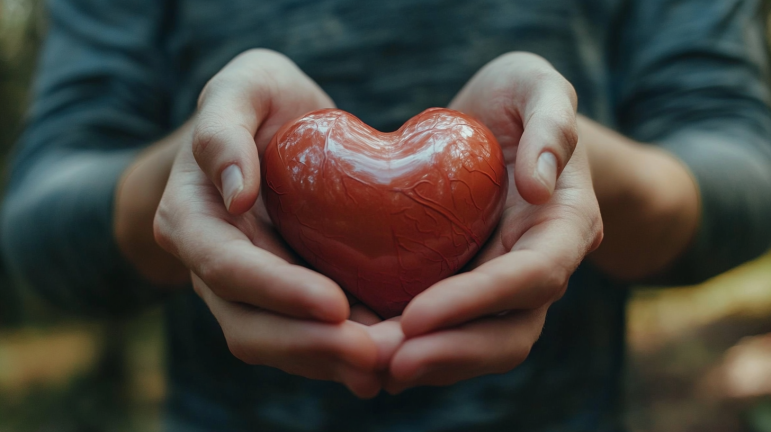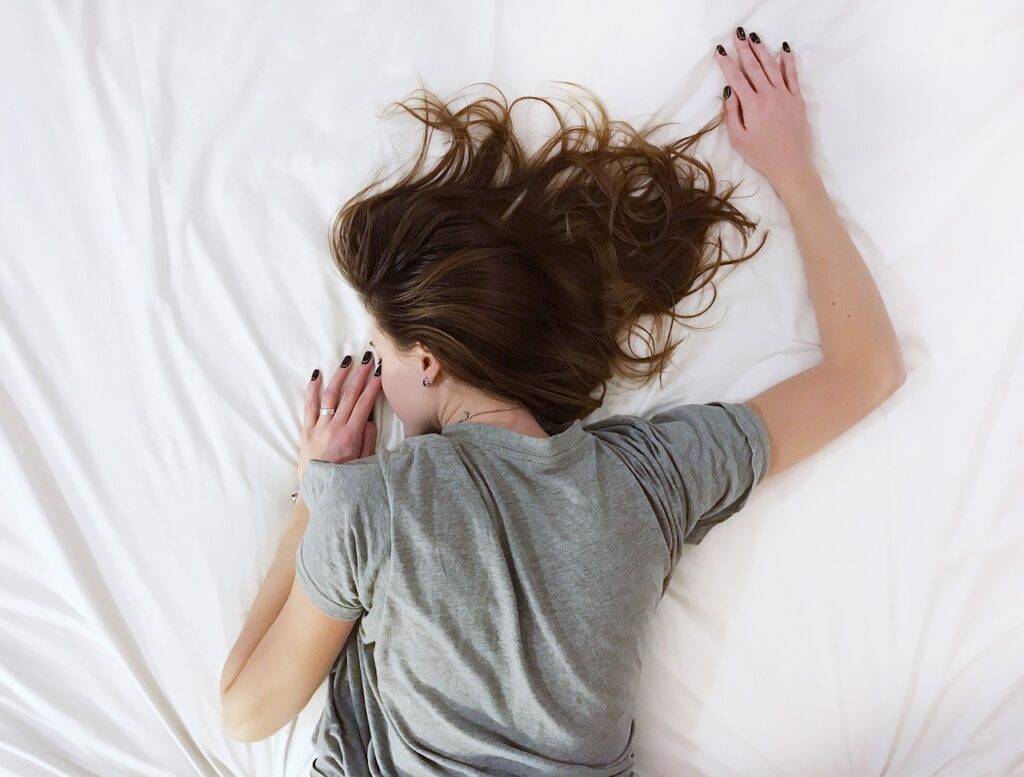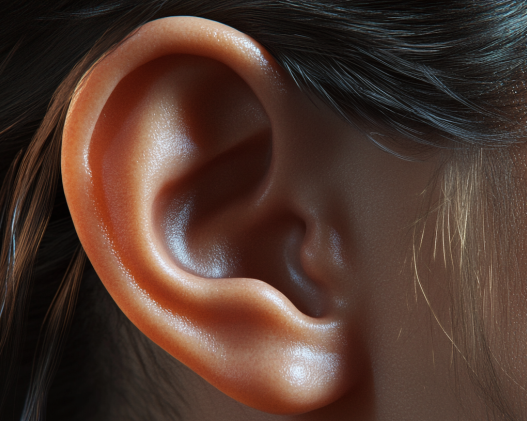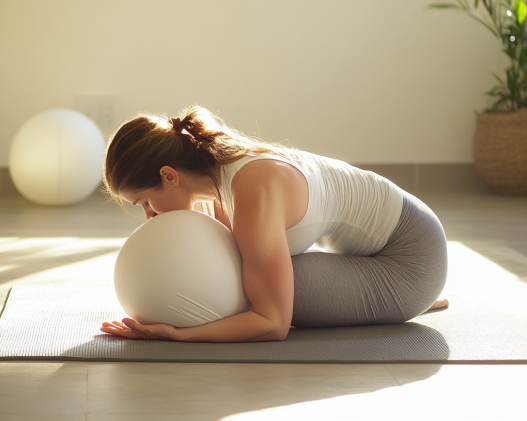Introduction: The Power of a Short Nap
Have you ever taken a nap, only to wake up feeling disoriented, lonely, and downright exhausted? If you’ve slept too long, this is a common reaction that many people experience. After a nap that stretches beyond the ideal time, you may feel emotionally drained and physically sluggish. But here’s the thing: it’s not about how long you nap—it’s about how long you sleep.
Why 20 Minutes is the Perfect Nap Duration
Understanding Sleep Inertia
When you nap for more than 20 minutes, your body enters a phase called “sleep inertia.” This is when you wake up from deep sleep and experience grogginess, sluggishness, and difficulty focusing. This state can last for anywhere from a few minutes to half an hour. In rare cases, it can even last longer. But if you limit your nap to 20 minutes, you can avoid this foggy aftermath and get the rest you need without the brain “booting up” issue.
When you nap too long, you may fall into deeper stages of sleep where your brain becomes too slow to adjust, leaving you feeling like you’ve slept through a whole night—without actually having had enough rest.

The Science Behind Short Naps
According to studies, the ideal nap length is between 10 and 20 minutes, giving you enough time to recharge without entering deep sleep stages. NASA conducted research on pilots’ performance after naps during long flights, revealing that a 26-minute nap improved performance by 34% and increased alertness by 54%. So, a short nap is more than just a luxury—it can significantly boost cognitive function, mood, and work efficiency.
Health Benefits of a Short Nap
Boosts Cognitive Function
A short nap is more than a quick energy booster—it can sharpen your mind, improve concentration, and even enhance memory. A study from the National Institute of Health (NIH) found that naps of 10-20 minutes can improve memory recall and problem-solving skills. So, when you’re feeling overwhelmed by a workload, a 20-minute break could be the best solution.

Strengthens Your Immune System
A nap can help reduce the negative effects of sleep deprivation, improving immune function. Research from Paris University showed that a short nap could lower cortisol levels, the hormone released in response to stress. When cortisol levels are high, your immune system weakens, but a quick nap helps balance these hormones, supporting your health and recovery.
Improves Heart Health
Short naps are good for your heart! A study conducted in Greece showed that taking regular short naps reduced the risk of coronary heart disease by 37%. The American Heart Association (AHA) has also highlighted the cardiovascular benefits of napping, such as reducing blood pressure and decreasing stress levels. These little breaks can keep your heart healthy and reduce the risk of heart attacks and strokes.

How to Optimize Your Nap for Maximum Benefits
Best Position for Napping
Lying on your back is generally the most comfortable and healthiest position for a nap. Sleeping on your stomach can put pressure on your neck, back, and arms, causing discomfort and even “sleep wrinkles.” A back-lying position promotes better spinal alignment and airflow, making your nap more restful. If you must sleep on your stomach, consider using a U-shaped pillow to reduce pressure.
Give Yourself Time After Lunch
After a meal, your digestive system works hard, and lying down too soon can lead to acid reflux. To avoid stomach discomfort, wait about 30 minutes after lunch before taking a nap. Taking a short walk can help stimulate digestion and make your body ready for a more peaceful rest.

Conclusion: The Power of a 20-Minute Nap
In conclusion, napping is more than just a way to fight fatigue. A brief 20-minute nap can significantly improve your efficiency, immune health, and even your cardiovascular system. But to make the most of it, keep it short, and avoid napping too late in the day. With a few minutes of rest, you can feel rejuvenated, healthier, and ready to take on the rest of your day!



















